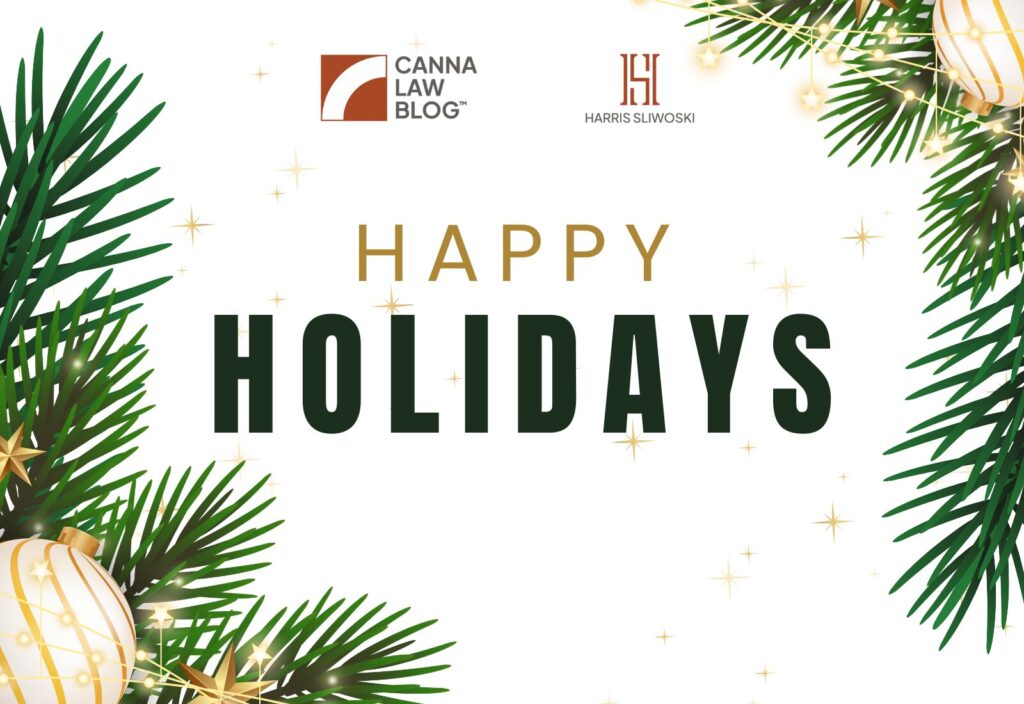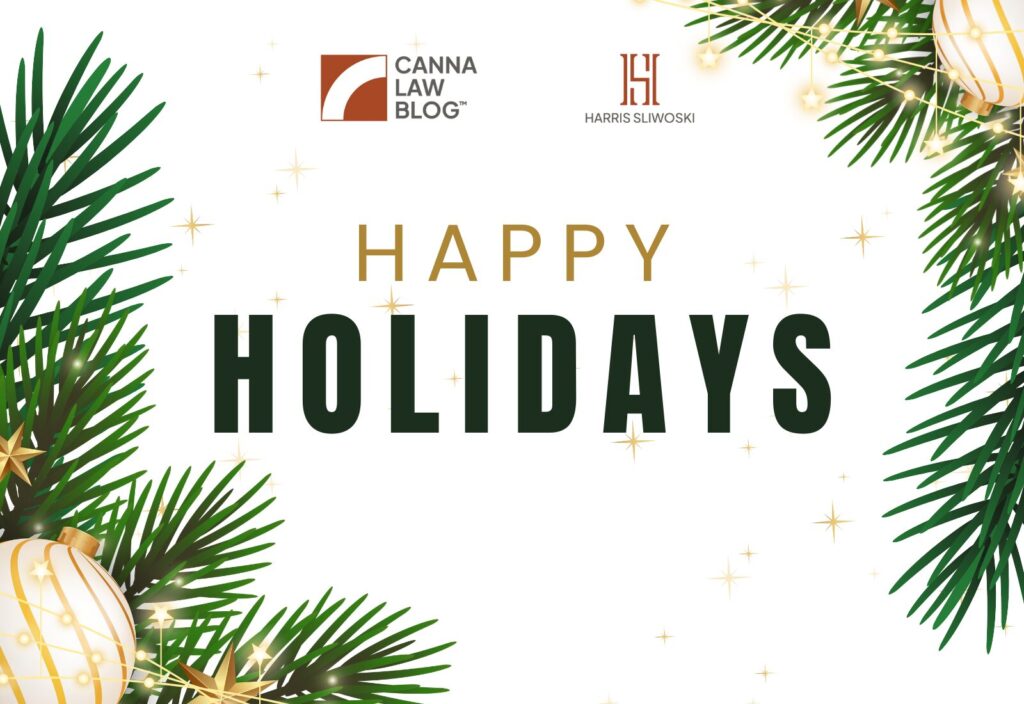
We regularly cover litigation on the blog, but today we’re going to cover how to prepare for cannabis litigation that may or may not come. And while it’s always important to have effective systems in place, it becomes even more paramount when our clients realize how involved the discovery process is in the American litigation system. If implemented properly, a proper litigation hold can save a lot of expense and headache down the line – for our clients and for us.
What is a litigation hold?
When a lawsuit is filed or – is even reasonably anticipated – the rules of civil procedure in both federal and state courts impose a burden to preserve all potentially relevant records and information. For example, Federal Rule of Civil Procedure (“FRCP”) 37(e) provides:
“(e) Failure to Preserve Electronically Stored Information. If electronically stored information that should have been preserved in the anticipation or conduct of litigation is lost because a party failed to take reasonable steps to preserve it, and it cannot be restored or replaced through additional discovery, the court:
(1) upon finding prejudice to another party from loss of the information, may order measures no greater than necessary to cure the
Read full article on HarrisBricken




































